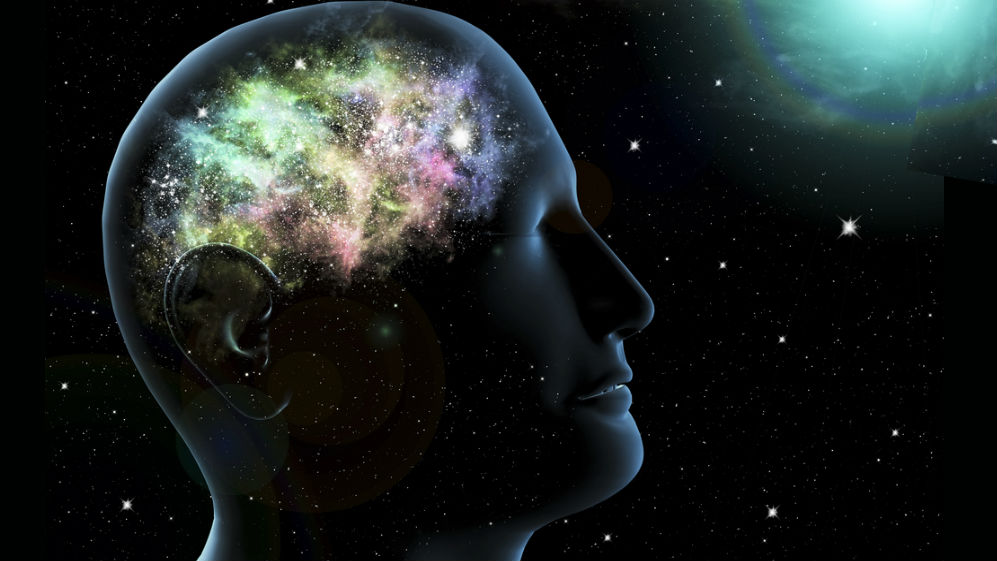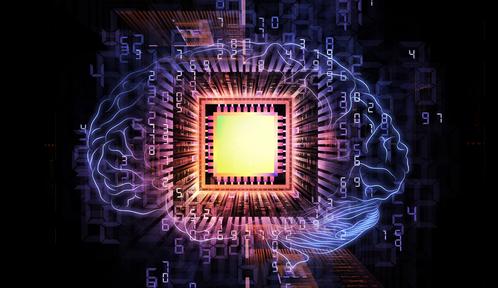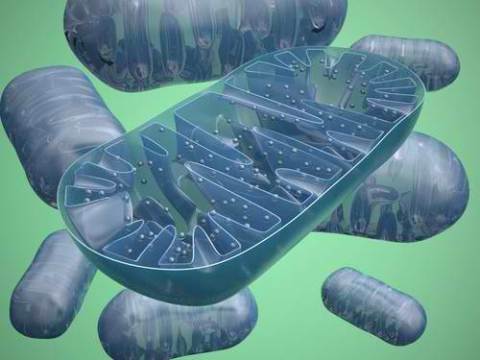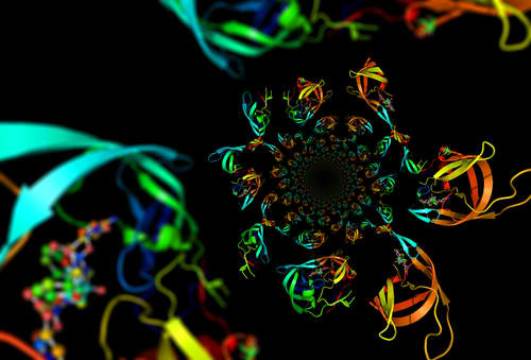Surprising Science
All Stories
What’s the Big Idea? Isaac Newton defined the optical spectrum, but it was Goethe who first understood that color is more than just a physical problem. In Theory of Colours (1840), the German […]
Research done on physical development of high-performing young athletes shows that there are no clear answers despite what anecdotal evidence seems to suggest.
Software developed for Microsoft’s workplace social network, Yammer, can gauge the emotions of employees using the network by analyzing the messages they sent through it.
A lingering problem with renewable energy is that it is not a consistent producer. But a new battery can store energy for later use, making renewables more cost-effective for business.
Brent Sherwood of NASA’s Jet Propulsion Laboratory wants the agency to take a hard look at its plans to send humans to Mars, perhaps concentrating on colonizing the Moon instead.
A British computational scientist has built a presentation reminiscent of Al Gore’s An Inconvenient Truth, this time showing the consequences of the Earth’s population boom.
If you’ve been watching the Olympics, you’ve been treated to a steady stream of ads for what promises to be NBC’s lamest comedy in recent memory: “Guys With Kids.” As […]
What’s the Big Idea? The goal of technology is to make itself disappear bit by bit. Most major innovations in consumer technology are measured by their ability to make existing […]
Researchers have discovered that bilingual parents’ tendency to switch between languages can influence the emotional development of their children. The implications may extend to marriage.
A team of British computer scientists is working to create the best computer simulation of the human brain yet. When finished, the machine will model the behavior of one billion neurons.
An award from the John Templeton Foundation will seek to answer important scientific questions about immortality, such as how experiences of the afterlife vary across cultures.
A genome passed down to a child by the mother may contribute to a longer life span in women versus their male counterparts.
Data from a 32 year study conducted in New Zealand examined the social academic and relationship development of participants from childhood to adulthood.
Teen pregnancy has gone down 40 percent since 1990. Researchers believe free access to IUDs will help to lower the percentage even more.
Doctors say that mild cases of depression and anxiety should be taken just as serious as the more severe cases of depression and anxiety.
New discovery in the HIV protein within its early stages of infection give doctors hope in finding an effective vaccine to ward off the virus.
First lady Michele Obama has written a new gardening book. Called “American Grown,” the book extols the virtues of sustainable local agriculture, school gardens and childhood nutrition.
A team of University of Michigan researchers are experimenting with 145 differently shaped nanoparticles in an attempt to create new materials that can be engineered on the smallest level.
The military’s experimental research and development department and the National Institutes of Health will fund a project that mimics human organs on a single computer chip.
By analyzing tweets tagged with GPS location data, researchers were able to track the spread of flu symptoms across space and time, accurately predicting when people would fall ill.
In some crucial areas of human cognition, we don’t know and we can’t fully trust ourselves. On the bright side, Daniel Kahneman’s work shows that the kinds of errors we tend to make are extremely predictable.
Their are other places in the solar system which might harbor life, say astronomers. Given probable budget cuts, some scientists are criticizing NASA’s singular focus on the Red Planet.
Using NASA’s Kepler space telescope, astronomers have found an alien solar system that exhibits the same structure as ours, with planets rotating on a single plane around their parent star.
What’s the big idea? The great incentive for using smartphones and social networks is to always be connected to one another, but it’s starting to look like always is too […]
President Obama’s new healthcare law is good news for the 30 million people who will have access to health insurance. However, health experts worry if the medical profession industry will be prepared to meet the demand.
Computer algorithms can already recognize the kind of music most people like but will they ever create original compositions that suite our taste? One programmer says yes, definitely.
The psychological phenomenon known as the mere-exposure effect explains why we prefer the self-image we receive from the mirror each morning to a new and interesting camera angle.
By studying individuals who become aware that they are dreaming in the midst of a dream, scientists can identify the parts of the brain that are responsible for self-awareness.
Scientists have discovered a “scaffolding” protein that regulates pain, mental illnesses and other neurological complications.
“In the decade since the Human Genome Project wrapped up, scientists have had a surprising amount of difficulty transforming genetic knowledge into medical treatments.”




























